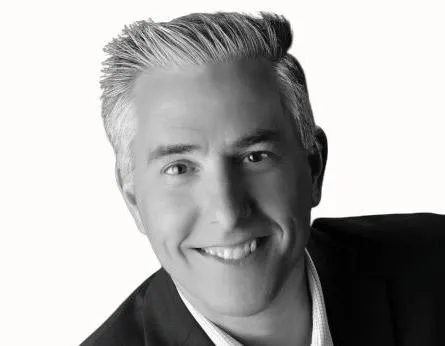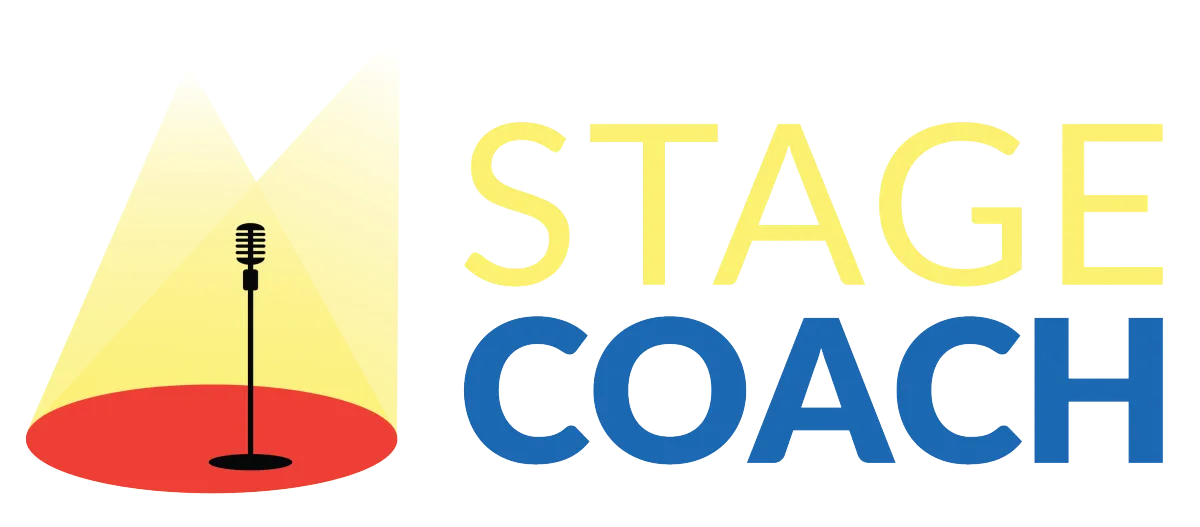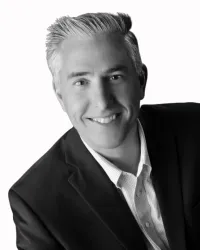Communication Tips
from Alan Hoffler founder of Online Stage Coach


Halloween: A Depiction of Your Authentic Self?
In the United States, we just experienced Halloween. People get hot and bothered about the macabre and the dark side of it, but I think the “holiday” persists for two reasons: 1) we get to consume copious amounts of candy, and 2) we get to dress up in weird ways and it’s considered OK.
Unlock tips to speak with authenticity and impact --> check out this short video HERE
I spent the evening passing out candy at a community event sponsored by our church. There must have been 1,000 kids. I saw costumes ranging from dinosaurs to astronauts and lots of Spiderman and princesses. In theme with my host table, I dressed as a Texan, complete with hat, boots, and a Buc-ees shirt.

Why do people love to wear masks and dress up? One reason is that it gives us a chance to be somebody we’re not, if only for an evening. Somehow that feels good to us. Perhaps it’s giving us permission to live out a dream or to act out of character in a way we would never otherwise do. It was great to act like a cowboy for a few hours. But it would feel weird to act like a cowboy every day. While I grew up in Texas (until age 9), I’m not a cowboy. That’s not the real me.
On days not called Halloween, our brain tells us NOT to look, act, or dress weirdly. Culture and our upbringing give us very loud and strong messages on how we think we should act. Those messages are almost always flawed and often hinder our ability to communicate well.
In our two-day skills workshops, we run into this in every class. We call it:
The Gap: The difference between what it feels like to us the speaker and what it feels like to our audience.
The skills that display The Gap most often are what we call the Energy Skills: facial expressions, gestures, and vocal variety. Whether we’re coaching a student to speak louder, get their arms to express more by being “bigger,” or expressing more emotion in their face, the way it feels is not the way it looks to the audience.
A soft-spoken person is asked to speak louder. They do, up to a point. Eventually, they shrug and respond, “But I’m shouting!” Their voices are anything but shouting. They’re listening to false messages.
A rather controlled speaker is asked to change their voice to emphasize a certain word or emotion. They do, a little. But they’ll eventually say, “That just seems silly and over-the-top.” The class participants will immediately chime in, “NO! We loved that version!”
“It just doesn’t feel right!” People can get very passionate about how they speak, fight their instructor, and even shut down when we ask them to behave differently from how their internal perceptions allow. Probably the worst case I’ve seen had a lady just flatly refuse to do what we asked. Her classmates were stunned – why couldn’t she at least try? We talked after class and discovered there were some very painful experiences from her past that made her want to be “authentic.” She could not bear the thought of acting in a way that contradicted how she perceived herself. In my opinion, that viewpoint had wrecked her career and opportunity.
One of the myths people believe is that these are inborn characteristics that cannot be changed. I can’t be louder. My face won’t make that expression. Most often it’s just that it feels weird. Those are false messages. You can train yourself to perform any action. But the only motivation I’ve found that works is to do it for your audience. When your kid’s bedtime experience is important to you, you can read with inflection you would think is weird in any other setting. It’s perfectly authentic to behave in the way your audience wants. And your audience probably WANTS you to change your voice, use proper gestures, and express more.
One of our rallying cries is “It’s never as ____ as you think.” It’s never as weird as you think. It’s never as loud as you think. It’s never as long as you think. Stop listening to the internal voices and start listening to your audience.
Boo to you! It’s a perfect day to practice expression. Go bigger! More inflection! Vary that voice! And smile bigger than you’ve ever smiled before. Your audience will respond.
Alan, your Online Stage Coach
Communication Matters. What are you saying?
If you don’t even know what success looks like and are having trouble defining your next steps, give us a call at 919-386-9238 or email us at info@millswyck.com. Our workshops and programs are based in practice with specific competencies to give you the skill you need to be confident. We can also review video and give you an assessment of your expression and overall speaking skill and advise you on your next course of action.
Our new brand, OnlineStageCoach, has active X/Twitter and Facebook accounts where we publish tips multiple times a week. These are some of the best nuggets from our online courses and make great reminders throughout your day. Follow us here (X) and here (FB).
We have set the dates for our 2025 public speaking workshops in Raleigh, NC. Join us Feb 3-4 or Sept 8-9 for this two-day, practice-based class that is designed to give you a roadmap and vision for what world-class communication could mean to you. For more information, visit here: https://millswyck.ticketleap.com/


